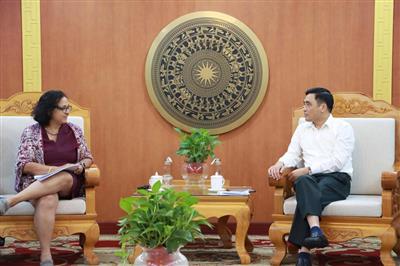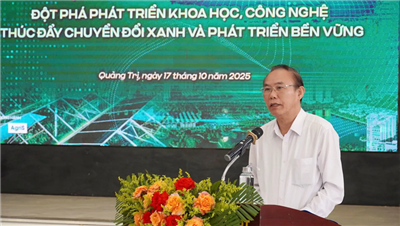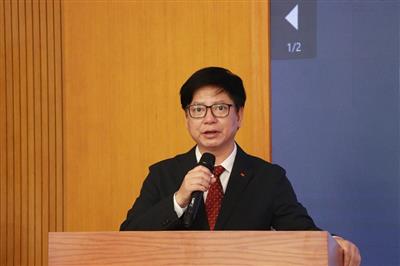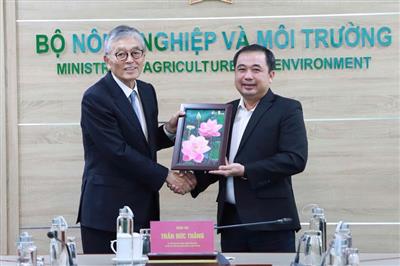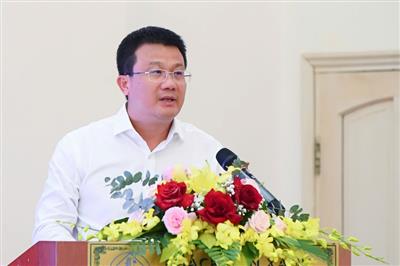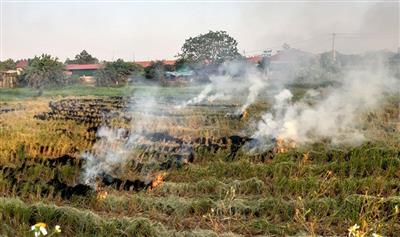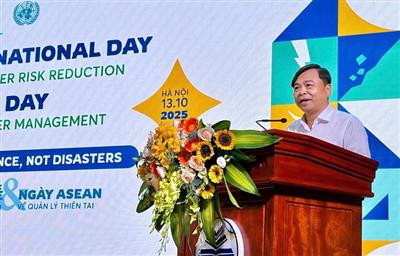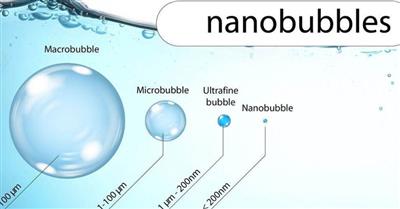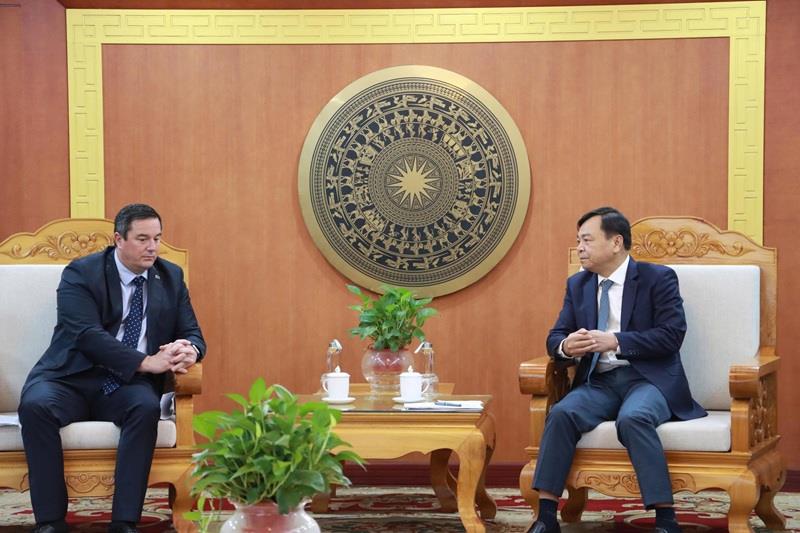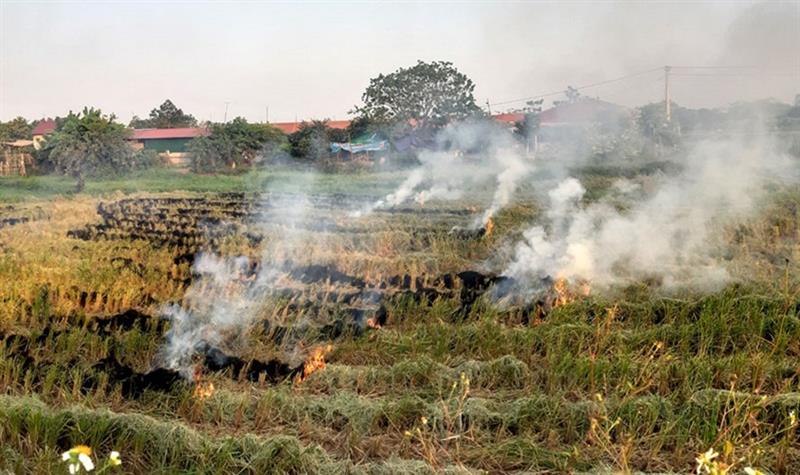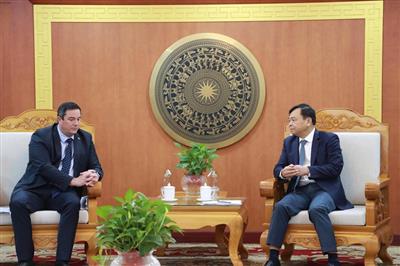
Vietnam - Republic of Korea: Advancing the Comprehensive Strategic Partnership through agriculture, forestry, and fisheries cooperation
12/08/2025TN&MTThe participation of Acting Minister of Agriculture and Environment Tran Duc Thang at the APEC Food Security Ministerial Meeting 2025 in Incheon was not only an occasion for multilateral dialogue but also a platform for deepening bilateral cooperation with the Republic of Korea. On the sidelines of the conference, Acting Minister Tran Duc Thang held a series of high-level meetings with Korean counterparts in agriculture, forestry, rural development, and fisheries. These exchanges carried strategic weight: they translated the Comprehensive Strategic Partnership established in 2022 into concrete programs for the period 2026-2030, while enhancing political trust and paving the way for sustainable development, digital transformation, and improved livelihoods for farmers in both countries.
Forestry cooperation and the green development agenda
Forests constitute a vital pillar of Vietnam’s environmental sustainability, climate resilience, and rural livelihoods. With forest cover currently at approximately 42%, Vietnam aims to increase this to over 45% by 2030, aligning with its long-term Net Zero commitment for 2050. Beyond environmental objectives, forestry supports the livelihoods of around five million people who depend directly on forest resources, making sustainable forest management a national priority.
In this context, Acting Minister Tran Duc Thang met with Lim Sang-seop, Minister of the Korea Forest Service (KFS), on 8 August 2025, marking his first official engagement on the position of Acting Minister. Korea, with extensive experience in post-war reforestation, forest restoration, and digital forest governance, offers valuable models for Vietnam in addressing deforestation, forest degradation, and climate adaptation.
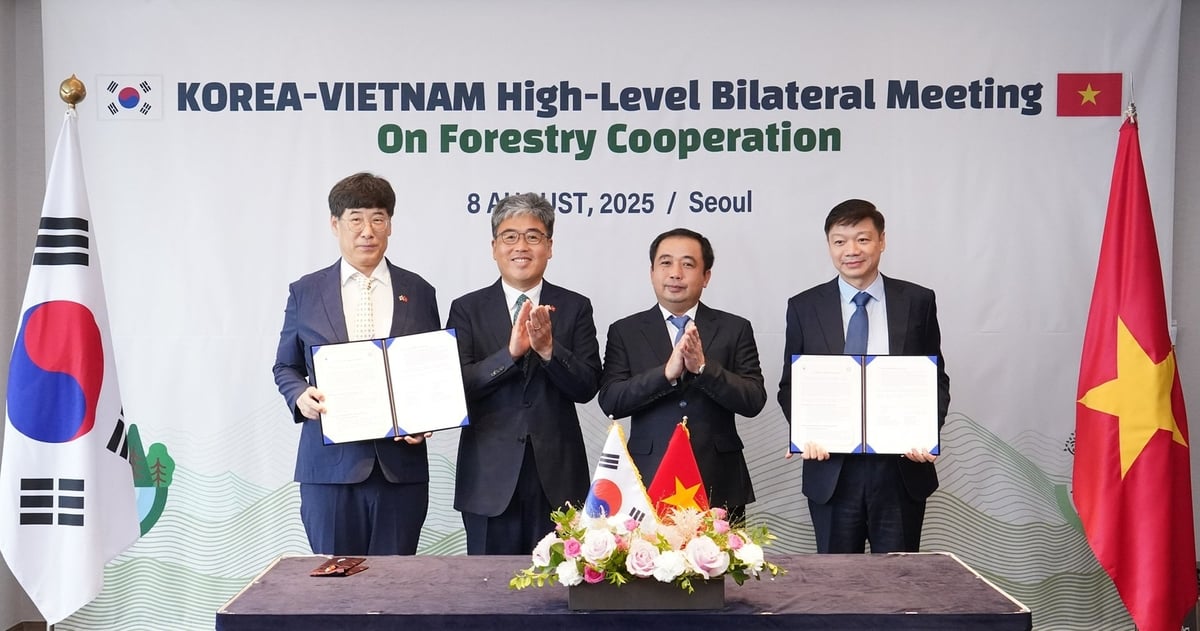
Acting Minister Tran Duc Thang and Minister Lim Sang-seop witnessed the signing of inter-agency documents, marking a new phase of development and further strengthening bilateral forestry cooperation between the two ministries (Photo: Thanh Nguyen)
During the meeting, the two sides explored avenues for deepening bilateral cooperation in forestry through both technical and strategic measures. Key areas of discussion included the expansion of REDD+ initiatives to reduce greenhouse gas emissions, the development of forest carbon credit programs, and the application of advanced technologies such as satellite monitoring, AI-driven forest management, and early-warning systems for forest fires and natural disasters. These efforts are particularly relevant as Vietnam faces increasing climate risks, including droughts, flooding, and extreme weather events that threaten both ecosystems and rural communities.
Acting Minister Tran Duc Thang emphasized that the relationship between Vietnam’s Ministry of Agriculture and Environment and KFS extends beyond administrative collaboration, representing a sincere and enduring partnership. He reaffirmed Vietnam’s commitment to raising forest coverage to over 45% during 2026–2030 while improving the livelihoods of millions of forest-dependent households. Moreover, he highlighted Vietnam’s intention to integrate digital technologies, satellite data, and artificial intelligence into forest management, as well as pursue cooperation on forest carbon credits, positioning forestry as both a climate and economic priority.
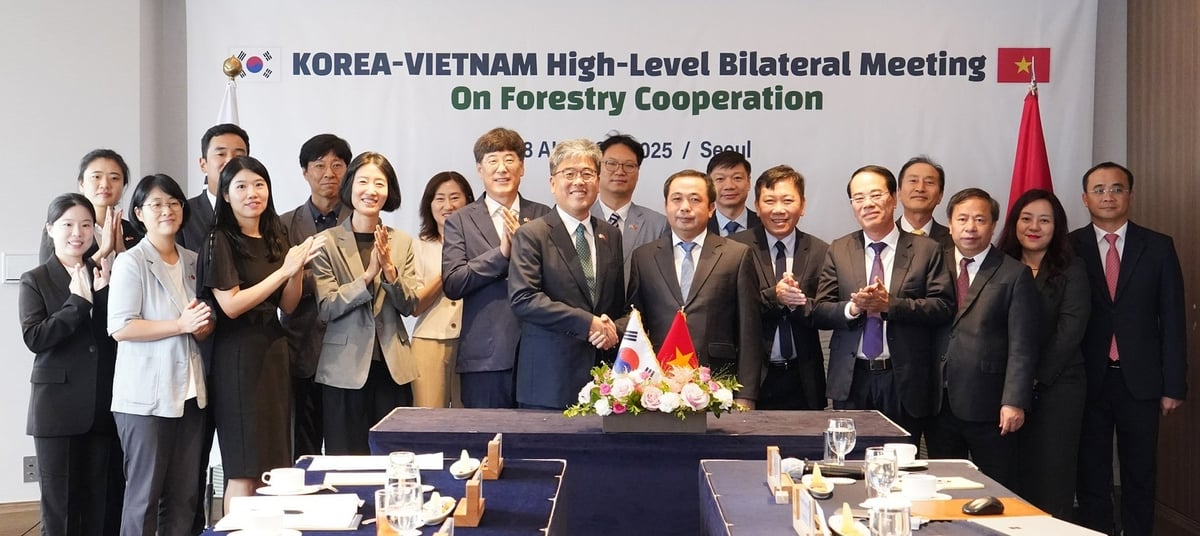
Acting Minister Tran Duc Thang invited Minister Lim and his colleagues to visit Vietnam to assess ongoing projects and discuss the 2026–2030 cooperation framework
Minister Lim Sang-seop underscored the importance of REDD+ as a strategic tool to mitigate greenhouse gas emissions, proposing regular exchanges and continuous information sharing. He also shared Korea’s experience in mangrove restoration integrated with aquaculture, suggesting that Vietnam could leverage its rich natural assets to promote eco-tourism while conserving forest ecosystems and enhancing local incomes.
The meeting culminated with the signing of technical cooperation agreements between relevant agencies, signaling a new phase of practical collaboration. Acting Minister Tran Duc Thang extended a formal invitation to Minister Lim and his colleagues to visit Vietnam, enabling direct assessment of ongoing projects and joint planning for the 2026–2030 cooperation framework. Such engagement reflects a strategic commitment to translating the Comprehensive Strategic Partnership into tangible, long-term initiatives that advance sustainable development, green growth, and climate resilience.
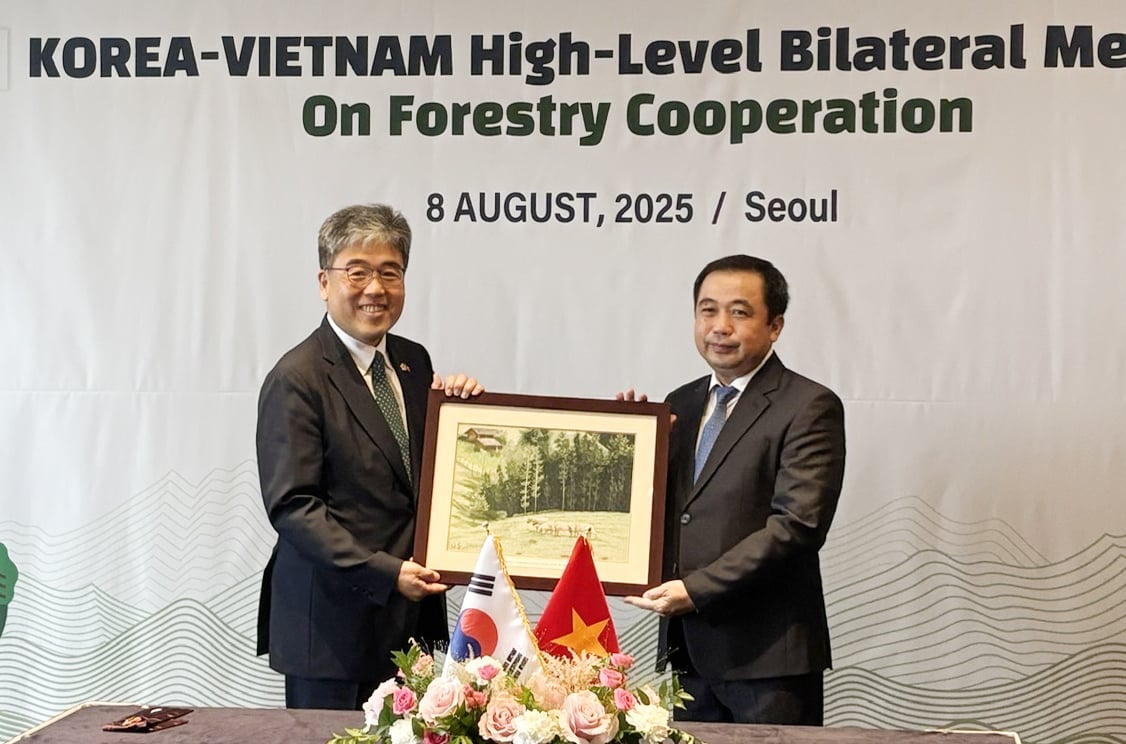
Minister Lim Sang-seop and Acting Minister Tran Duc Thang exchanged commemorative gifts (Photo: Thanh Nguyen)
In sum, forestry cooperation between Vietnam and Korea embodies a dual objective: safeguarding ecosystems and improving rural livelihoods, while reinforcing a high-level, forward-looking partnership that anchors the broader Comprehensive Strategic Partnership into actionable programs. By combining technical expertise, policy alignment, and long-term strategic vision, both countries set a precedent for effective, sustainable, and mutually beneficial collaboration in forestry and environmental management.
Fisheries and the blue Economy: Expanding a strategic frontier
Marine resources represent one of Vietnam’s greatest comparative advantages. With a coastline stretching more than 3,260 kilometers and an exclusive economic zone covering nearly one million square kilometers, the fisheries sector contributes significantly to exports, rural employment, and national food security. In 2024 alone, Vietnam’s seafood exports exceeded US$9 billion, making the country one of the world’s leading suppliers of shrimp, tuna, and pangasius. Yet, the sector also faces mounting challenges, from illegal, unreported, and unregulated (IUU) fishing to climate-driven changes in marine ecosystems.
Against this backdrop, Acting Minister Tran Duc Thang’s meeting with leaders of the Ministry of Oceans and Fisheries of Korea carried timely significance. Korea, as a technologically advanced maritime nation, has accumulated experience in sustainable fisheries management, aquaculture innovation, and marine spatial planning. These are areas in which Vietnam seeks stronger partnerships to upgrade its governance and value chains.
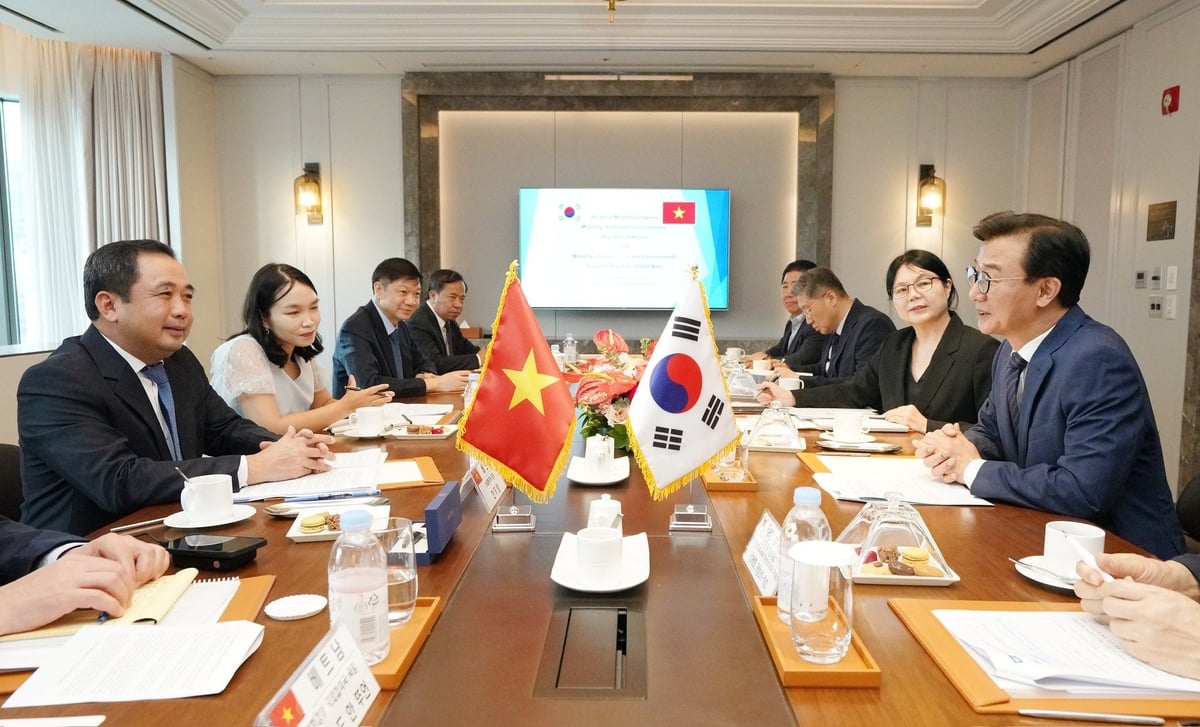
Acting Minister Tran Duc Thang held a bilateral meeting with Minister Chun Jae-Soo, marking a new phase in fisheries cooperation between the two ministries (Photo: Thanh Nguyen)
The two sides exchanged views on strengthening cooperation in three priority areas. First, combating IUU fishing. Vietnam has been under pressure from the European Commission’s “yellow card” warning since 2017. Despite progress in monitoring and enforcement, more needs to be done to achieve full compliance with international standards. Korea’s experience in vessel tracking systems, catch documentation schemes, and regional enforcement cooperation can provide practical models for Vietnam. The two ministries agreed to intensify technical exchanges and capacity building, with the goal of aligning Vietnam’s practices with global norms and facilitating smoother access to high-demand export markets.
Second, advancing aquaculture and processing technologies. Korea has invested heavily in modern aquaculture systems, including recirculating aquaculture technology (RAS), biotechnology for disease control, and high-value processing. For Vietnam, which aims to raise the proportion of processed seafood exports from 45% to 60% by 2030, such cooperation could accelerate its transformation from raw-material supply to a leading hub of processed and branded seafood. The prospect of joint ventures between Vietnamese enterprises and Korean technology providers was highlighted as a pathway to enhance competitiveness.
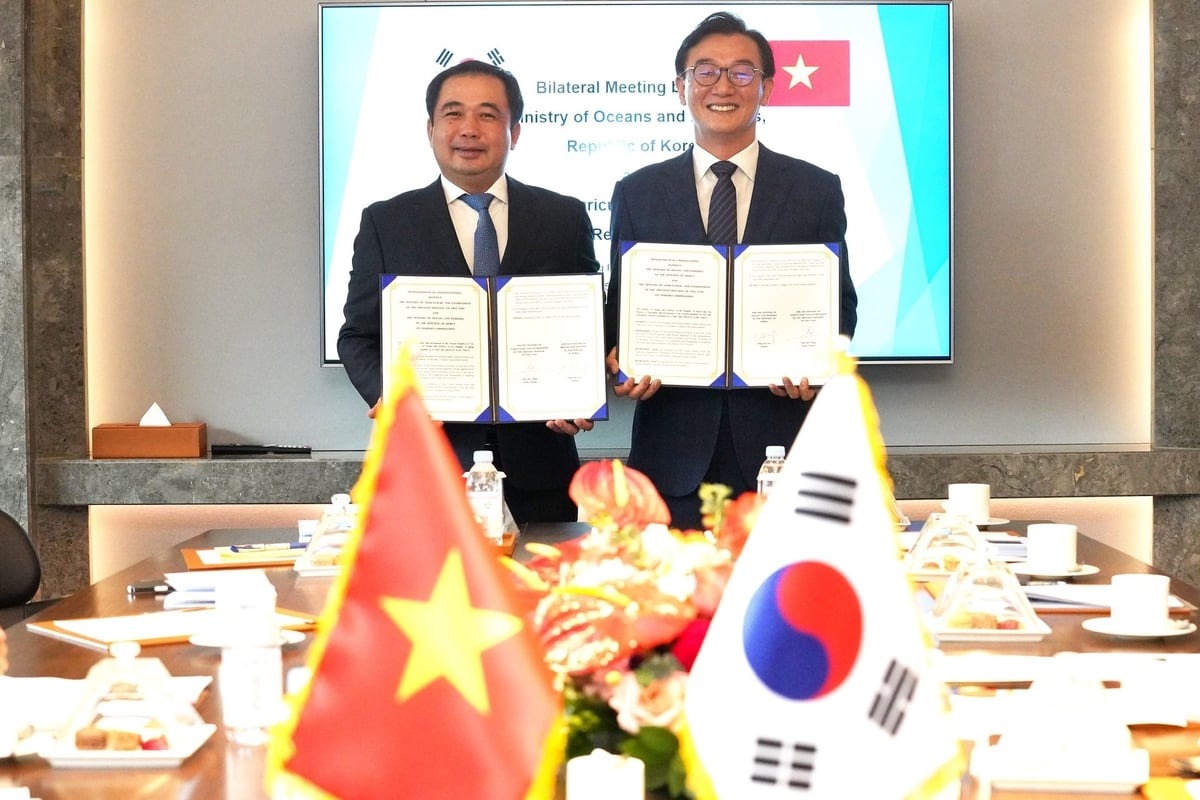
The two ministers signed a MoU on fisheries cooperation, aiming to promote and strengthen the existing friendly relations in the sector on the basis of equality and mutual benefit (Photo: Thanh Nguyen)
Third, developing the blue economy. Both Vietnam and Korea have recognized the ocean as a driver of sustainable growth. For Vietnam, the Blue Economy Strategy 2030 envisions marine economic sectors contributing 65–70% of GDP in coastal provinces. Cooperation with Korea in marine renewable energy, coastal zone management, and biodiversity conservation aligns with this vision. The two sides also discussed collaboration in mitigating the impacts of climate change on fisheries-dependent communities, an issue of shared concern as sea-level rise and ocean warming intensify.
Through these discussions, fisheries cooperation has emerged as more than a sectoral issue: it is a strategic frontier for Vietnam–Korea relations. By linking food security, trade, technology, and environmental sustainability, it strengthens the foundation of the Comprehensive Strategic Partnership while directly addressing the livelihoods of millions of coastal residents. Acting Minister Tran Duc Thang also formally invited Minister Chun Jae-Soo to visit Vietnam in the near future to inspect ongoing projects, discuss strategic directions, and elevate bilateral cooperation to a new level.
Building climate-resilient rural infrastructure and smart agriculture
Rural development has always been at the core of Vietnam’s national modernization strategy. With nearly 60% of the population residing in rural areas, agriculture and countryside transformation remain decisive factors for inclusive growth. Since 2010, the National Target Program on New Rural Development has mobilized billions of dollars in infrastructure investment, improved basic services, and reduced rural poverty. Yet, Vietnam now faces a new set of challenges: how to modernize villages in the era of digitalization, while ensuring resilience against climate change and maintaining cultural identity.
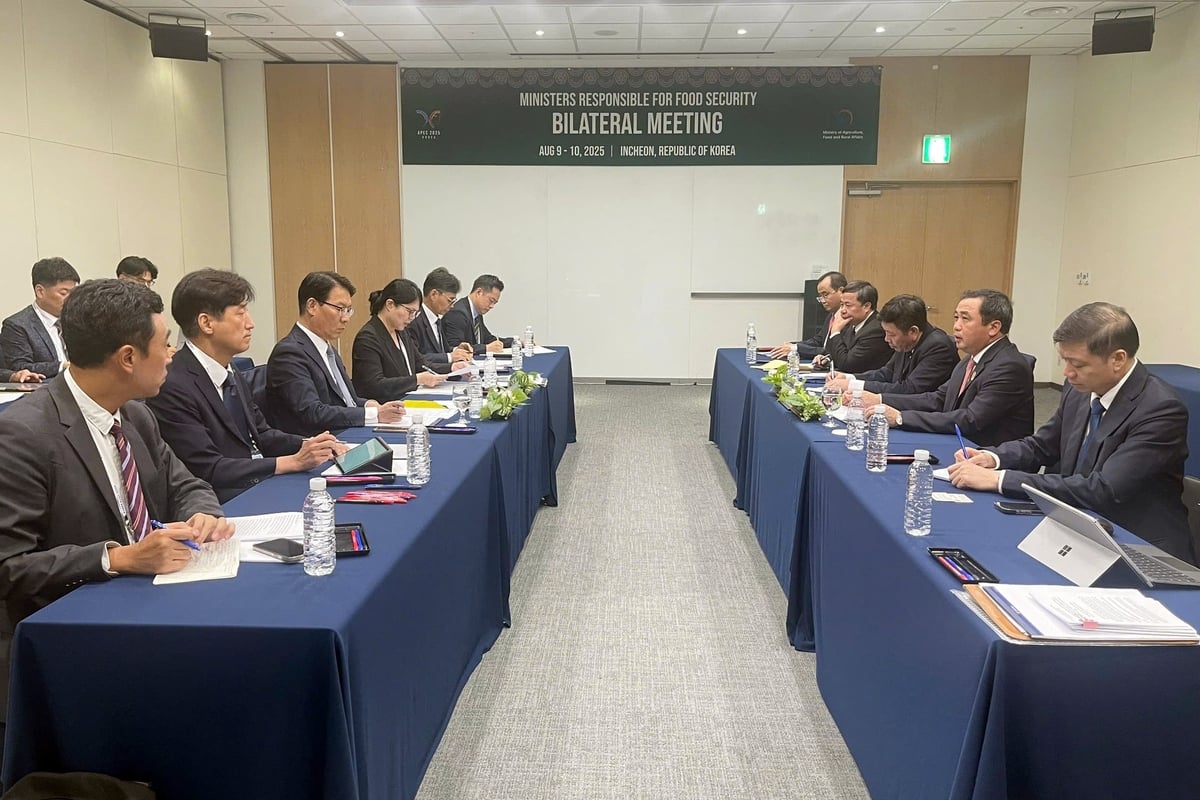
On the sidelines of the APEC 2025 Food Security Ministerial in Incheon, Acting Minister Tran Duc Thang met with Kim In Joong, Chairman of the Korea Rural Community Corporation (KRC), where they agreed to expand cooperation in agricultural infrastructure, rural development, and smart agriculture for sustainable growth during 2026–2030 (Photo: Thanh Nguyen)
It was against this backdrop that Acting Minister Tran Duc Thang held talks with Kim In Joong, Chairman of the Korea Rural Community Corporation (KRC), in Incheon. KRC, with decades of experience in integrated rural development and agricultural infrastructure, is widely recognized as a model for transforming Korea’s countryside into prosperous, modernized communities. Vietnam views this partnership as an opportunity not only for technical cooperation but also for institutional learning.
The two sides agreed to expand collaboration in three main areas. First, infrastructure for climate adaptation. Rural areas in Vietnam are increasingly vulnerable to flooding, drought, and saltwater intrusion, particularly in the Mekong Delta and Central Coast. KRC’s expertise in irrigation systems, water-saving technologies, and integrated land–water management could directly support Vietnam’s adaptation strategies. Joint projects in the period 2026–2030 are expected to pilot climate-resilient infrastructure, offering models that can be scaled nationwide.
Second, smart village development. Korea has pioneered the concept of “smart villages,” where digital technologies are applied to farming, logistics, education, and public services. By introducing Internet of Things (IoT) devices in agriculture, digital platforms for market access, and e-governance solutions, rural areas can reduce transaction costs and improve quality of life. For Vietnam, cooperation with KRC can accelerate the transition from traditional new rural development to a digitally enabled, knowledge-driven countryside, in line with the government’s digital transformation agenda.
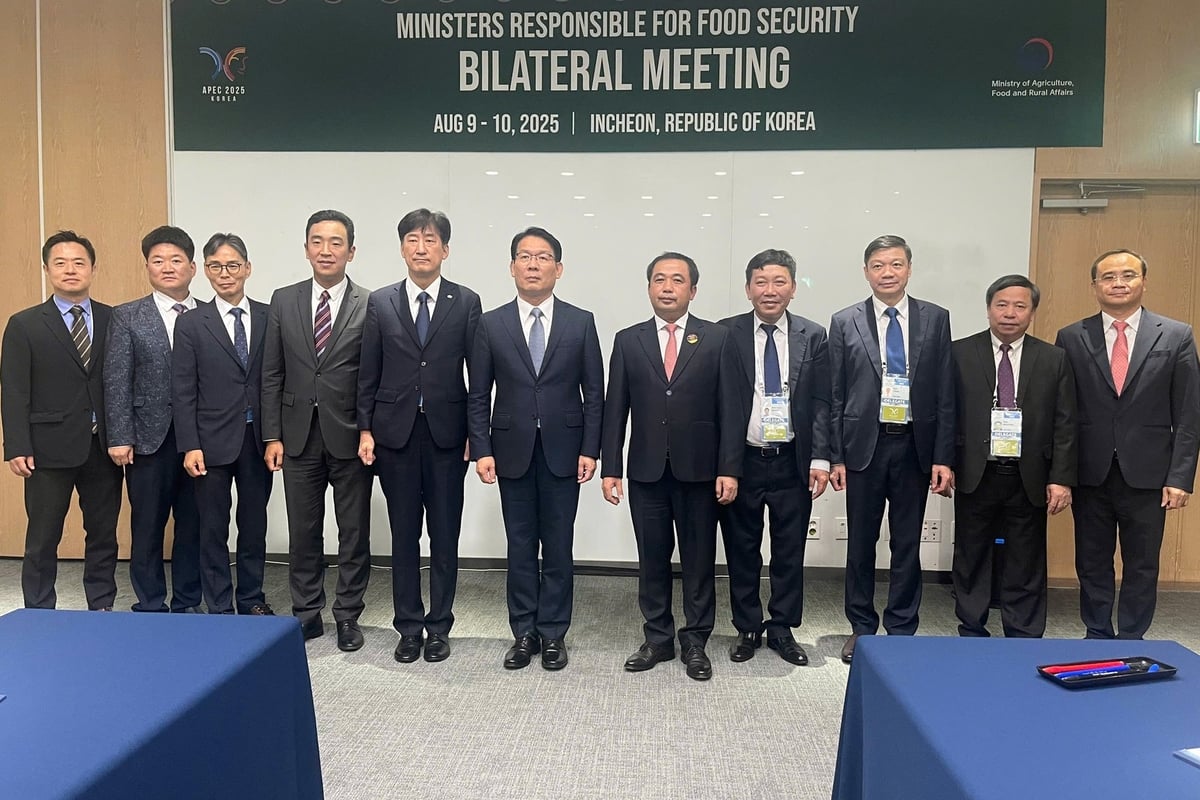
KRC Chairman Kim In Joong welcomed Acting Minister Tran Duc Thang, highlighting Vietnam as a key partner and ongoing plans to expand cooperation in smart farming, agricultural infrastructure, and project financing for 2027 (Photo: Thanh Nguyen)
Third, capacity building and community empowerment. Beyond infrastructure and technology, sustainable rural development depends on human resources. The two sides discussed training programs for Vietnamese managers, engineers, and farmers, drawing on Korea’s experience with participatory approaches that empower local communities to design and manage projects themselves. Such programs could strengthen institutional capacity while ensuring that new investments are community-owned and sustainable.
The meeting also emphasized that cooperation in rural development is not merely about technical solutions; it is about shaping the social fabric of future villages. Both Vietnam and Korea recognize that a resilient countryside is indispensable for balanced national development, food security, and social stability. The partnership with KRC thus symbolizes a shift from donor–recipient relations to equal, forward-looking collaboration, where both sides contribute knowledge and innovation to address shared challenges.
By embedding climate adaptation, digitalization, and community participation into rural development, the Vietnam–Korea partnership can create a model of “smart, green villages” that serve as laboratories for sustainable growth in Asia.
Advancing agricultural trade and smart rural development
On 10 August, Acting Minister Tran Duc Thang held a bilateral meeting with Song Miryung, Minister of Agriculture, Food and Rural Affairs (MAFRA), on the sidelines of the APEC 2025 Food Security Ministerial in Incheon. The discussions focused on enhancing agricultural trade, opening markets, and establishing the framework for cooperation through 2026–2030.
Minister Song expressed keen interest in importing Vietnamese lychees and passion fruit, while also proposing exchanges with agricultural products from the Republic of Korea such as unshu oranges and kiwi. He further highlighted the urgency of expediting market access procedures for processed chicken, a high-potential commodity for both countries.
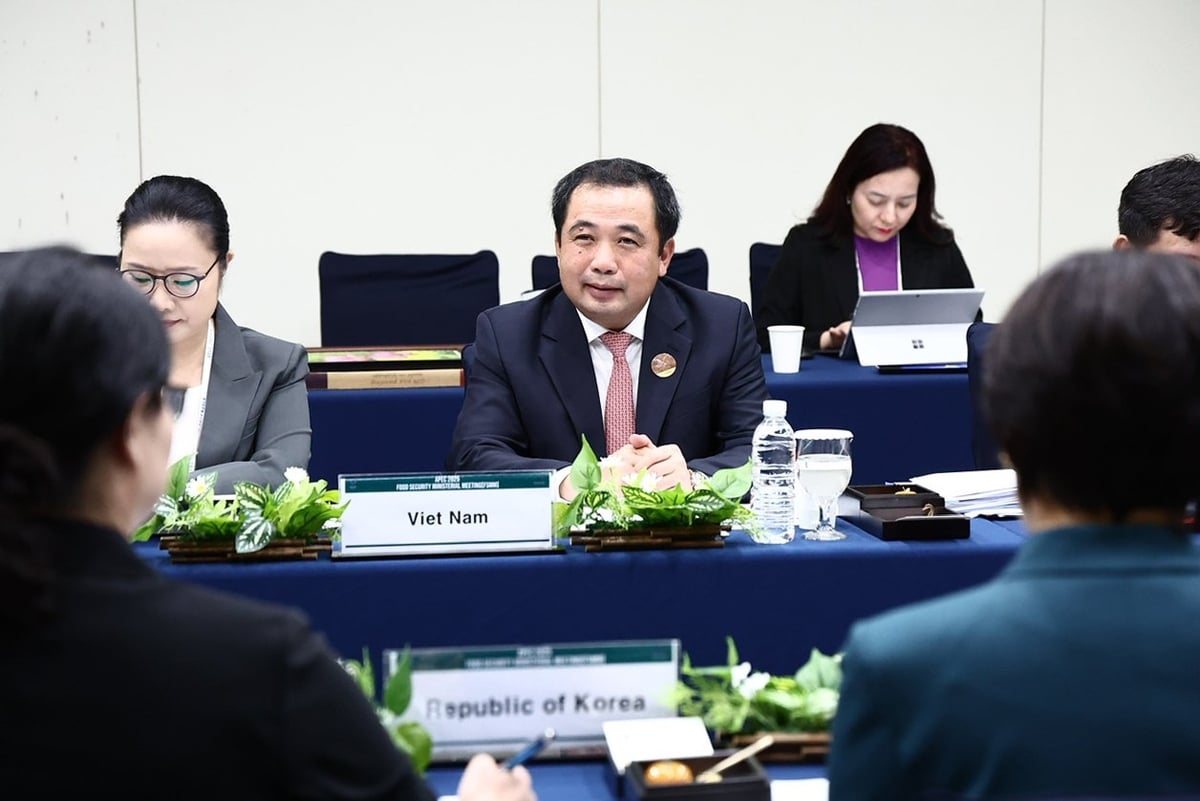
Acting Minister Tran Duc Thang proposed an annual dialogue mechanism between the two ministries to address barriers and promote cooperation, and sought Republic of Korea’s support for the early implementation of the sesame value-chain enhancement projec
Acting Minister Tran Duc Thang welcomed these proposals, confirming that Vietnamese agencies would coordinate with MAFRA in 2025 to review potential market-opening items, ensuring alignment with bilateral regulations and mutual benefits. He underlined Vietnam’s ongoing administrative reforms to facilitate trade, especially for goods from Republic of Korea, and requested support for implementing a sesame value-chain enhancement project, including technology transfer, post-harvest preservation, and market promotion.
Trade figures underscore the importance of this collaboration: in the first half of 2024, Vietnam exported over USD 164 million worth of fruits and vegetables to Republic of Korea, up nearly 55% year-on-year. The total export value of Vietnamese fruits and vegetables reached approximately USD 6.62 billion in 2024, a growth of more than 27% from the previous year, with key commodities such as passion fruit, bananas, and pineapples expanding market share. These numbers highlight the potential to further boost agricultural exchanges and meet the evolving demands of consumers in the Republic of Korea.
Both ministers agreed to establish an annual dialogue mechanism between the two ministries to promptly address technical barriers and create opportunities for cooperation in emerging sectors. This meeting not only addressed immediate trade issues but also laid the groundwork for sustainable development of Vietnam–Republic of Korea agricultural trade through 2026–2030.
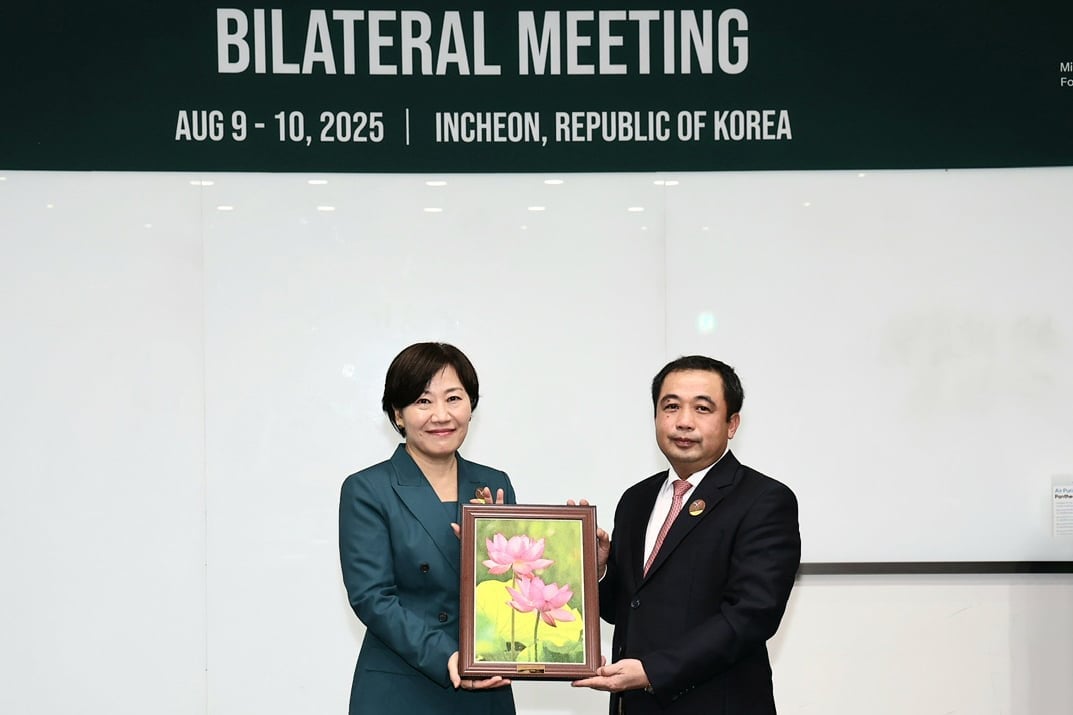
The two ministers exchanged commemorative gifts
Beyond trade, Acting Minister Tran Duc Thang also engaged with Kim In Joong, Chairman of the Korea Rural Community Corporation (KRC), to promote smart rural development integrated with climate-resilient infrastructure. They agreed to expand cooperation in agricultural infrastructure, smart farming, and rural development, aligning projects with sustainable development goals for 2026–2030. Priority initiatives include winter crops, temperate fruit trees, spices, medicinal plants, irrigation systems, climate adaptation projects, and early warning centers for natural disasters.
Chairman Kim praised Vietnam’s ongoing projects, such as rice value chains, smart vegetable and pig farms, and carrot preservation and processing systems, and expressed readiness to explore new initiatives, including technical service centers and the Saemaul Undong movement. Acting Minister Tran Duc Thang highlighted the Saemaul Undong model’s potential applicability in Vietnam, where 60% of the population lives in rural areas, aiming to enhance livelihoods, infrastructure, and rural economic development. He invited KRC representatives to visit Vietnam to assess project outcomes and discuss detailed collaboration plans.
These engagements demonstrate a comprehensive and strategic approach to agricultural, rural, and trade cooperation, laying a foundation for long-term sustainable development, digital transformation in agriculture, and improved competitiveness of Vietnamese agricultural products, while enhancing rural livelihoods across the country.
Strategic significance and prospects
The bilateral engagements conducted by Acting Minister Tran Duc Thang during his visit to Republic of Korea in early August 2025 carry profound strategic significance for Vietnam’s agricultural, forestry, and fisheries sectors. By holding in-depth discussions with counterparts from the Republic of Korea on the sidelines of the APEC Food Security Ministerial, Vietnam has effectively translated its comprehensive strategic partnership into concrete initiatives that address both immediate needs and long-term development objectives.
These meetings reinforced political trust and mutual understanding between the two countries, establishing a framework for cooperation through 2026–2030 that emphasizes sustainability, technological adoption, and market competitiveness. The agreements on forest management, carbon credit programs, high-tech aquaculture, plastic waste reduction, smart rural development, and agricultural trade mark a decisive step toward a deeper, more structured collaboration. Each of these areas aligns with Vietnam’s broader policy goals of green growth, digital transformation, and strengthening the resilience of its agricultural value chains.
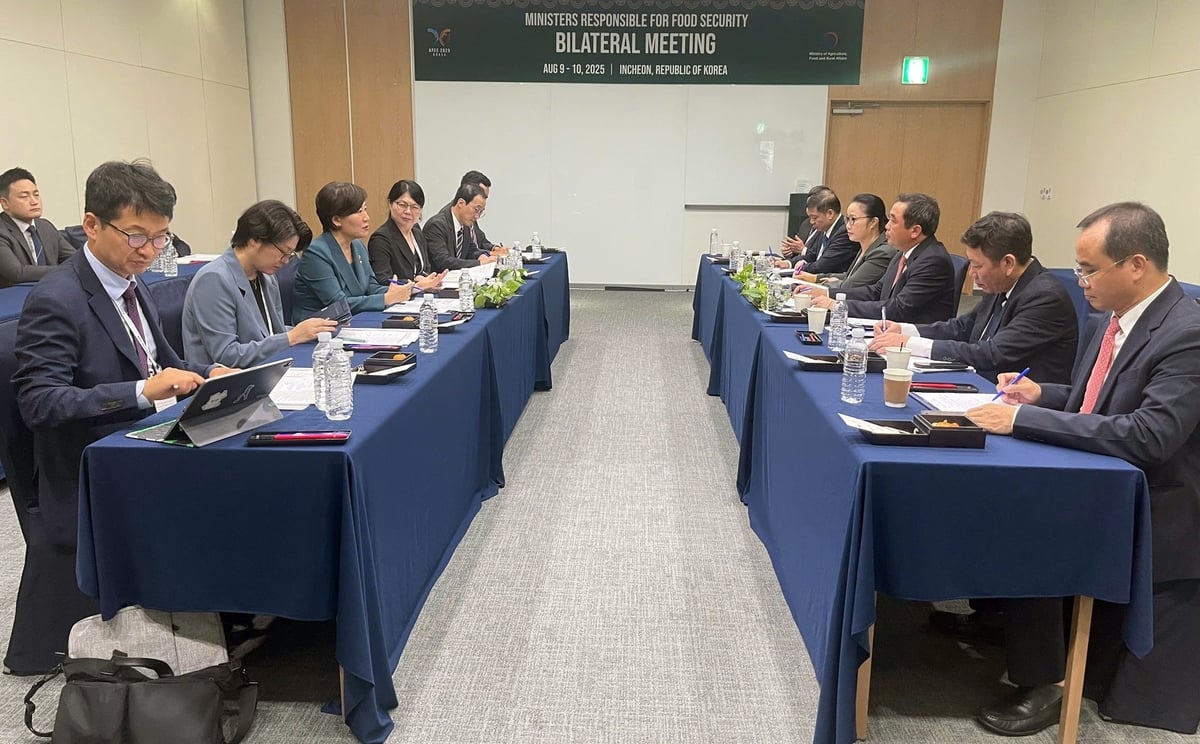
The prospects of this partnership are significant. Digital solutions in agriculture, including satellite monitoring, data analytics, and precision farming, are expected to enhance productivity and quality, enabling Vietnamese products to compete more effectively in international markets. In parallel, the focus on smart rural infrastructure, climate-resilient irrigation systems, and community-oriented development programs promises to improve livelihoods for millions of rural residents, particularly smallholder farmers who depend on forestry and agricultural production.
Furthermore, the progress achieved in expanding market access, especially for key commodities such as lychees, passion fruit, and processed chicken, underscores the practical benefits of Vietnam’s proactive diplomacy and regulatory reforms. By establishing mechanisms for regular dialogue and joint problem-solving, both sides have ensured that trade relations can adapt swiftly to evolving challenges while opening opportunities for diversification and innovation.
In essence, the visit reflects Vietnam’s commitment to a forward-looking, strategic approach to international cooperation. It demonstrates the country’s determination to leverage bilateral partnerships to foster sustainable economic growth, strengthen food security, and integrate advanced technologies into traditional sectors. For Republic of Korea, these collaborations present opportunities to invest, share expertise, and engage in mutually beneficial projects that support the modernization of Vietnam’s agricultural and rural sectors.
Overall, Acting Minister Tran Duc Thang’s engagements have not only reinforced the comprehensive strategic partnership between Vietnam and Republic of Korea but also laid a robust foundation for sustainable, innovative, and mutually beneficial cooperation in agriculture, forestry, fisheries, and rural development. These outcomes are expected to have lasting impact, enhancing Vietnam’s role in global value chains, improving rural livelihoods, and advancing the country’s ambitions for a modern, climate-resilient, and digitally empowered agricultural sector.
Minh Thao


